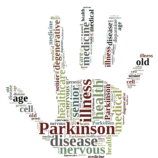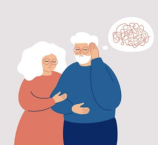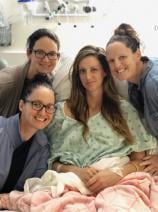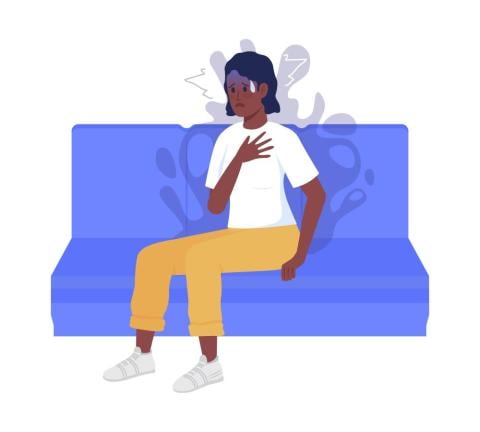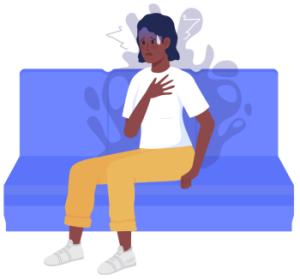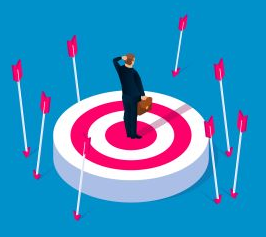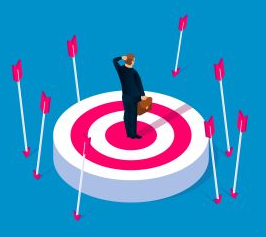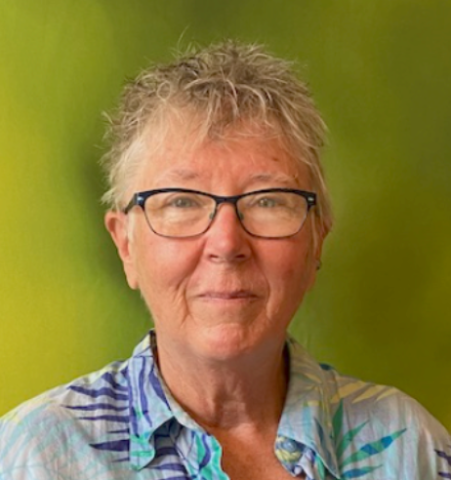Treat Anxiety as a Mustard Seed
I had breast cancer. Invasive ductal carcinoma. What I managed to hear through my shock as the breast surgeon explained it to me was something along the lines of “It’s spreading in your breast tissue …can be removed…can save your life…but once it leaves the breast tissue… not so easy to treat…need to make treatment decisions…but don’t wait, because once it leaves the breast tissue…”
My childhood best friend, Tara, who’s a physician, warned me “you don’t mess with cancer,” when she wrapped up the bottom-line, take-home message after recounting a learning experience from medical school.
My pathologist father, now retired, viewed the images, read the report, and lauded the pathologist who found the invasive breast cancer, telling me that it was so small that it could have been easily missed. 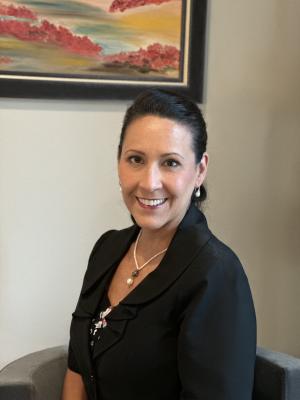
So small? That small that it could have been easily missed? Then do I really need to do something as drastic as a bilateral mastectomy? I could do a lumpectomy, right? The answer was yes, maybe, depends, and then there were the pros and cons to consider. In a nutshell, I could treat it aggressively with a bilateral mastectomy or I could try a lumpectomy and hope that I don’t have any more invasive cancer cells growing elsewhere. I could do a major surgery requiring up to two months to physically recover (not including emotional recovery) or do a lumpectomy and recover more quickly within a couple of weeks (physically, but the worry would remain). There was also discussion of radiation, chemotherapy … Whatever I decided, I needed to do it now, not wait, “... because once it leaves the breast tissue …”
Driving back to work (and still in denial), I had what I believe are the usual thoughts that run through a working parent’s mind when an unexpected nuisance occurs and threatens to disrupt one’s work and family routine: I don’t have time for this… where am I going to fit this in??
I had upcoming college visits planned with my son – we were going to leave in a couple of weeks. We were also going to visit my brother and his family for the first time since our last visit in 2019, which was before COVID. I was in the midst of recruiting and interviewing new counselors for the summer therapeutic intensive camp that I run yearly for children with selective mutism. I had practicum clinicians I was supervising, plus new practicum clinicians that were rotating in soon, as well as undergrad summer interns to prepare for, and my own patient caseload as well. In addition, I’m the president, secretary, and treasurer of my clinic with administrative staff to oversee. I had a well-oiled system in place to manage all of these roles, and taking two months of medical leave would be a massive disruption to that system. Just as things felt like they were getting back to “normal” after managing work and family through the disruption of COVID, this happens?
Unexpected, threatening, but yet the experience felt…familiar. It triggered thoughts of how we deliver feedback to parents about their child’s anxiety diagnosis, and how we let parents know the good news: anxiety disorders are very treatable (...can save your life). And the bad news, the warning: it can get worse, so don’t wait (...because once it leaves the breast tissue…).
My clinic provides prolonged exposure therapy for anxiety disorders and specializes in treating selective mutism – a condition that makes it much harder for the family to access care for their child in general because their child is mute in public settings. Insurance doesn’t always reimburse for prolonged services, meaning families who pursue treatment for their children are also taking a financial risk that they may not be reimbursed by their insurance company, or are reimbursed very minimally, increasing doubt about pursuing treatment (...do I really need to do something as drastic as…).
Treating children with anxiety means we are working with the family system (well-oiled system in place …) and we make treatment recommendations that, in the short-term, will disrupt the usual routine (...where am I going to fit this in??).
The ethos of our anxiety clinic is to act early, treat aggressively, and get back on track with life. I thought about our patients’ parents, their angst about making treatment decisions, and how similar that felt to me just then. To my surgeon, it seemed like it was a no-brainer to just get the mastectomy, and why not do it bilaterally to be extra sure? She was so matter of fact and the message I received was: this is the science, this is what we know, this is what works, this is how we can save your life, this is good news, you can be cured. I wondered if that’s how I come across to my patients? When I explain the evidence-based approaches to treat anxiety, treatment recommendations may include combining behavioral intervention with medication, the latter of which can create worry in parents (of young children especially) and cause them to pause and reconsider. I realized the parallel - my breast surgeon was explaining to me the gold standard treatment for my type of breast cancer; she was confident, as if to say, “this is treatable … just take these steps and you’re done, what’s the big deal?” (She didn’t say it like that, of course.)
Despite her confidence and expertise, I felt doubtful. I don’t know why – I’m not a breast cancer expert. She told me not to wait, but maybe I can? Perhaps book it for a more convenient time? Maybe next year? Can I book cancer for when it suits me? I mean, I feel fine, it’s not impacting me all that much. But it did bother me enough to get it checked out …Echoing in my mind were similar phrases I’ve heard from parents wanting to “wait a year” to see if their child grows out of the anxiety problem, because maybe it’s not that much of a problem after all?
Ultimately, and though I felt very uneasy about it, I trusted my doctor’s recommendation not to wait. I remained true to the ethos: act early, treat aggressively, and get back on track with life. I added to that: trust the specialist. In less than four weeks after receiving the diagnosis, I underwent a bilateral mastectomy. It was one of the most excruciating surgeries and recoveries I have ever experienced in my life (a jaw surgery at age 16 is a close second). I am still recovering, both physically and emotionally, but doing well all things considered. I had an expectancy violation when I thought there was no way I would be able to manage everything. Plus, I felt terrified of the procedure, and still somehow, I got through it, surprising myself with how I handled it, with the help of family, friends, and colleagues pitching in. Even accepting their support felt very uncomfortable to me, but as an anxiety specialist, we preach being comfortable with the uncomfortable and accepting the process, so I followed that belief system, too. I leaned into the discomfort. My young patients do, their parents do, and so will I.
In the end, when they removed it, guess how much the invasive tumor measured? “The size of a mustard seed,” said the oncologist. That small? Did I really have to be that drastic? Doubt started creeping in again, I started to feel regretful, thinking maybe I made the wrong decision, maybe I went too far, maybe I didn’t need to do all of this, maybe I could have saved myself from this misery. But Tara reminded me: “You don’t mess with cancer.”
Most would agree that treating invasive cancer when it is still just the size of a mustard seed has a much better prognosis than waiting and treating it when it metastasizes into a larger, less curable disease. My cancer experience makes me more resolute about treating anxiety early.
I alone have less of a reach, so I am hopeful that ADAA's reach can help get that message across better than I can alone.
I value ADAA's mission to raise awareness about anxiety and prevent anxiety disorders. I hope I can effectively send the message across to parents to feel confident about treating their children’s anxiety problem when it is still, metaphorically speaking, just a mustard seed.
Treatment may temporarily disrupt the system, interrupt routines, cause one to miss out on other plans – there could also be a degree of emotional pain – and is it worth all of that? For something so small? The short-term discomfort for the long-term gain of raising a confident, grounded adult who can cope effectively with life’s unexpected events? Yes, that’s worth way more than the size of a mustard seed.
